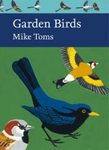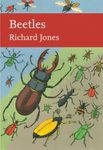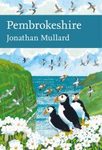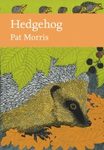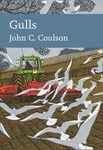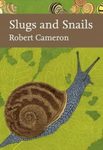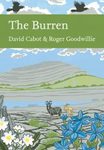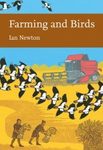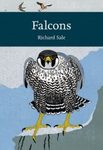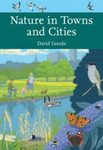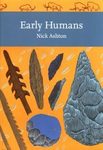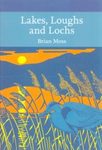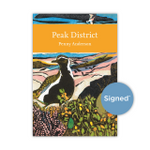![Beetles Beetles]()
Click to have a closer look
About this book
Contents
Customer reviews
Biography
Related titles
About this book
Beetles are arguably the most diverse organisms in the world, with nearly half a million beetle species described and catalogued in our museums, more than any other type of living thing. This astonishing species diversity is matched by a similar diversity in shape, form, size, life history, ecology, physiology and behaviour.
Beetles occur everywhere, and do everything. And yet they form a clearly discrete insect group, typically characterised by their attractively compact form, with flight wings folded neatly under smooth hard wing-cases. Almost anyone could recognise a beetle, indeed many are intimately associated with human society. Groups like ladybirds are familiar to us from a very young age. Large stag beetles and handsome chafers are celebrated for their imposing size and bright colours. The sacred scarabs of the ancient Egyptians were given iconic, if not god-like, status and even though the exact religious meanings may be fading after three millennia, their bewitching jewellery and monumental statuary inspire us still.
Despite this ancient and easy familiarity with beetles, the Coleoptera remains tainted by the notion that it is a difficult' group of insects. The traditional routes into studying British natural history, through birdwatching, butterfly-collecting and pressing wild flowers, now extend to studying dragonflies, bumblebees, grasshoppers, moths, hoverflies and even shieldbugs. These are on the verge of becoming popular groups, but beetles remain the preserve of the expert, or so it seems. So many British beetles are easy to find and easy to identify by the non-expert, but that bewildering background diversity, and the daunting numbers of species in the Coleoptera as a whole, have been enough to dissuade many a potential coleopterist from grasping the nettle and getting stuck in.
Richard Jones' groundbreaking New Naturalist volume on beetles provides a comprehensive natural history of this fascinating and beautiful group of insects.
Contents
Editors' Preface viii
Author's Foreword and Acknowledgements ix
1. What is a Beetle? 1
2. Beetle Variety 33
3. Life Histories – Larval Forms and Behaviour 63
4. Special Features – Adult Quirks and Oddities 109
5. Beetle Flight 139
6. Beetle Habitats and Natural History 161
7. British Beetle Families 201
8. The Human Significance of Beetles 281
9. Evolutionary History of Beetles 311
10. The Origins of British Beetles 329
11. A History of British Coleopterists 355
12. The Future – How to Study Beetles 381
Appendix: Online Resources 407
Glossary 409
References 416
Species Index 445
General Index 462
Customer Reviews
Biography
Richard Jones is a nationally acclaimed entomologist, a fellow of the Royal Entomological Society, fellow of the Linnean Society, and past president of the British Entomological and Natural History Society. He has been fascinated by wildlife since a childhood exploring the South Downs and Sussex Weald after plants and insects – especially beetles. He now writes about insects, nature and the environment for BBC Wildlife, Gardener's World, Countryfile, the Guardian and Sunday Times and has regular media appearances on programmes such as Springwatch Unsprung, Natural Histories and Open Country. He is the author of several books on science and wildlife.
Identification Key Monograph
By: Richard Jones(Author)
480 pages, 168 colour photos and colour illustrations, b/w line drawings
"Considering the large number of British species and their popularity among naturalists, it is perhaps surprising that it has taken this long for the publication of a New Naturalist volume on beetles. It may, however, be that it has taken so long precisely because of the number of species and the difficulty of covering the group in a single volume. Fortunately, this has now been addressed by Richard Jones, who has produced a truly excellent account which more than adequately fills the gap [...] While the content of such a book is, of course, of major importance, the style of the author is also critical in making the reading experience a pleasant one, rather than a chore. In this case, Richard Jones has succeeded admirably, the text being both authoritative and yet highly readable, dotted throughout with personal experiences and other anecdotes, which help to bring the subject to life. [...] Beetles is highly recommended for the bookshelf of anyone wishing to be better acquainted with these remarkable insects."
– Richard Wright, British Wildlife 29(3), February 2018



















